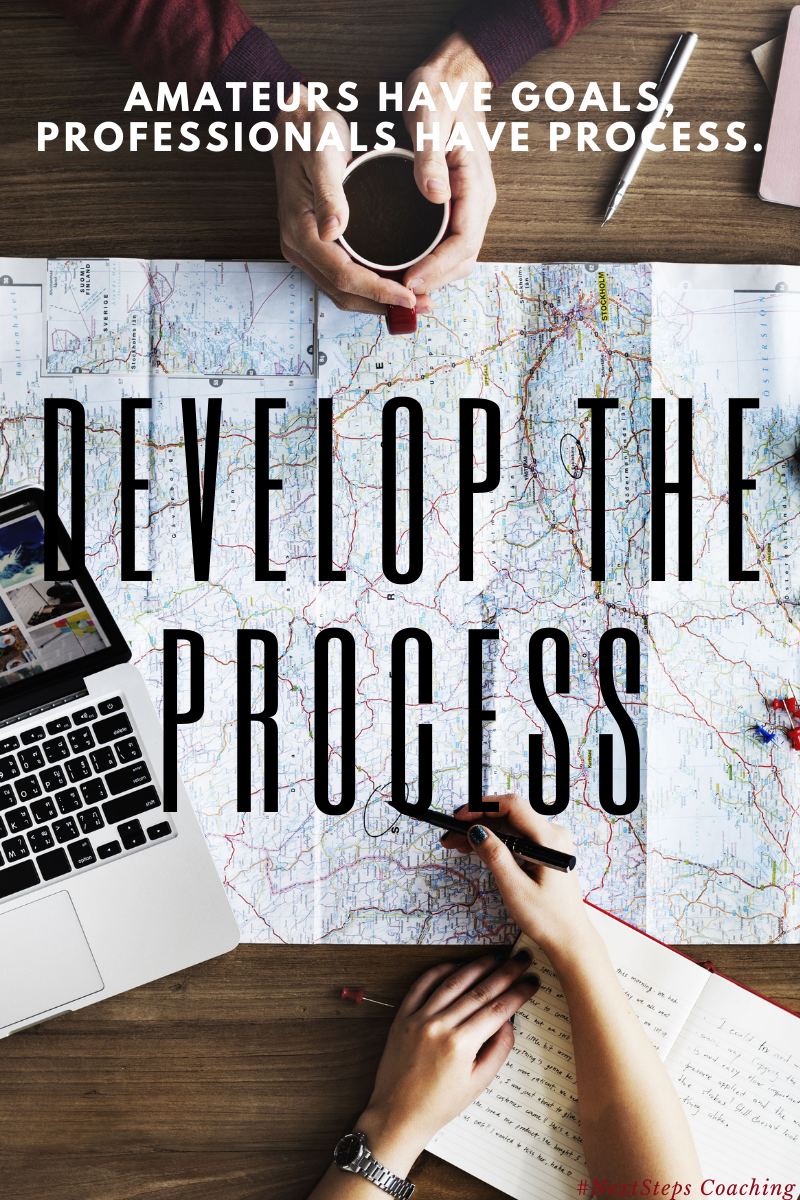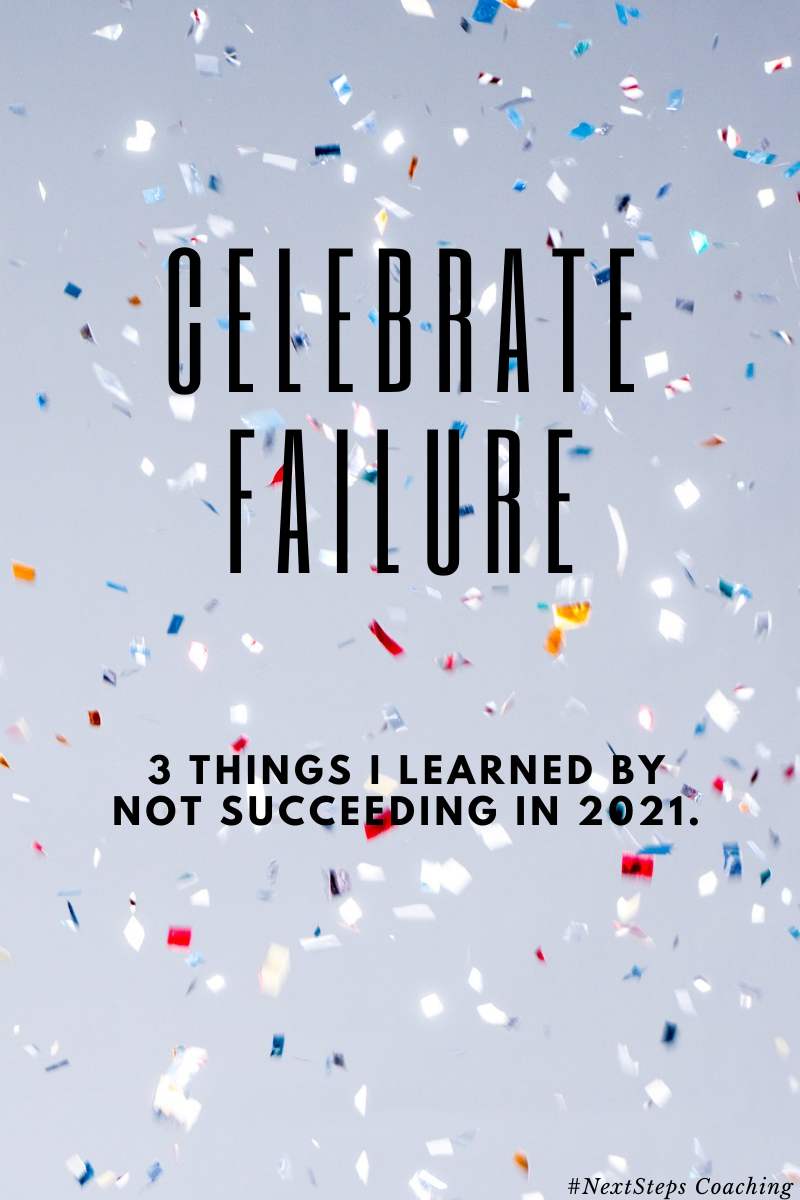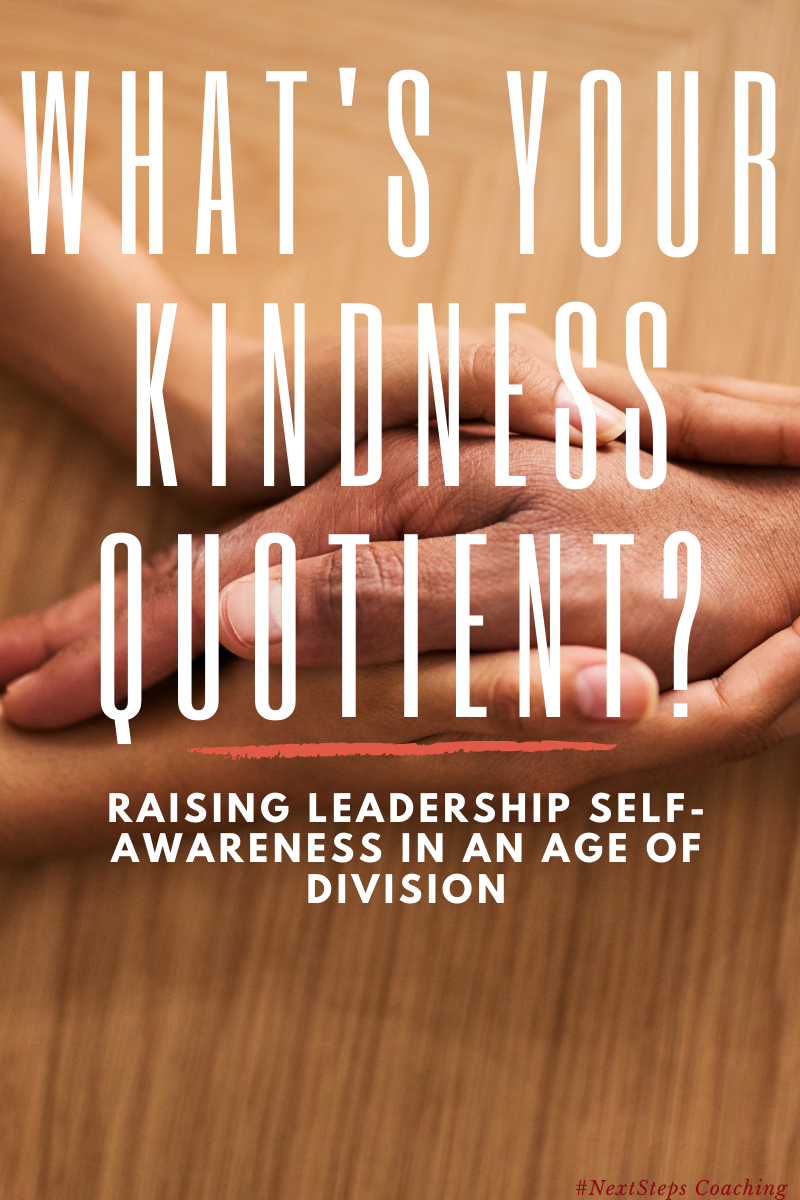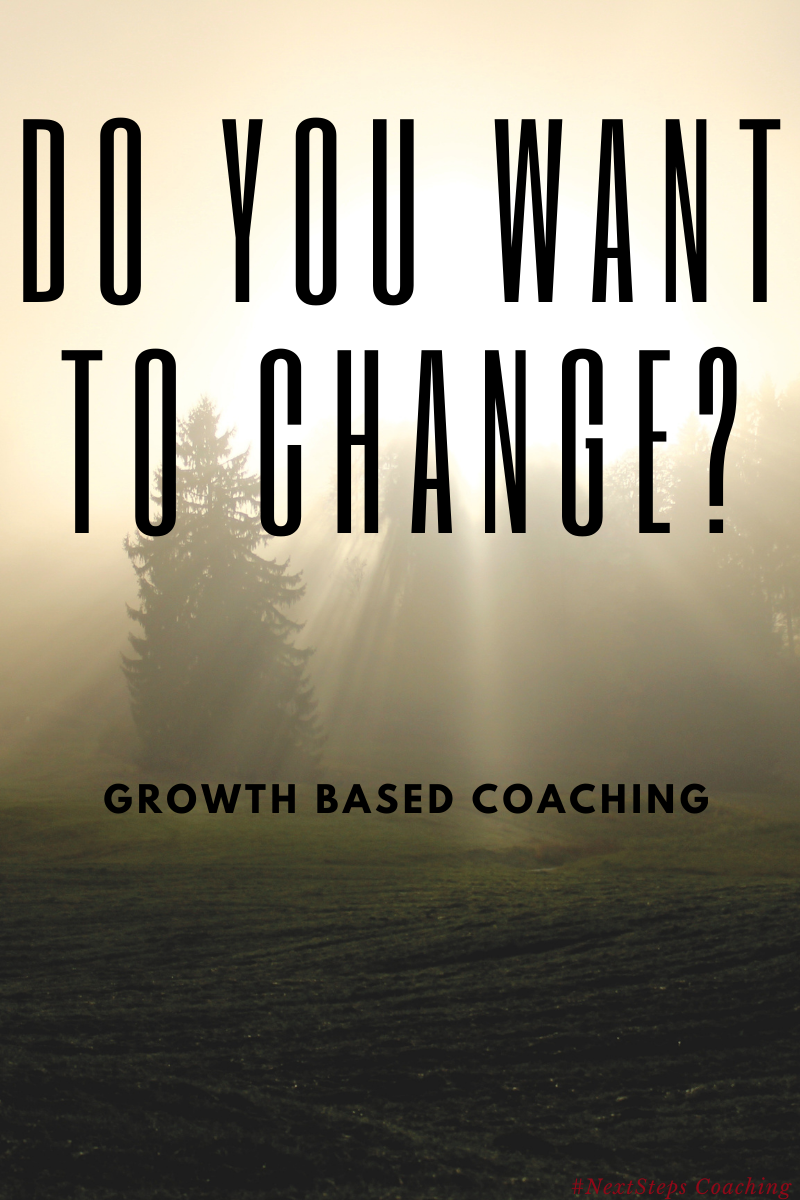
Recently, I was reminded about the importance of developing the process of growth and achievement.
As I was scrolling through social media, I came across the following quote:
Amateurs have goals, professionals have a process.
In the myth of new year new you, it’s popular for people to set goals. Rarely do they ever achieve those goals. Now, some are now actively warning you not to do it.
The failure to attain these goals, really to gain any motivation or traction for change, can be found in that nuance.
I’ve written before about how to write clear and compelling goals.
What makes all the difference in the world, is the process to make it stick.
Setting Goals
Here’s a quick recap on how to set good goals: S.M.A.R.T.E.R.
Specific – Is it clear?
Measurable – Can it be defined?
Achievable – Is it possible?
Relevant – Do I really want it?
Timely – When does it need to be done by?
Energy – What’s the feeling I gain by achieving the desired result?
Reward – How can I remind myself it all matters?
Notice the difference between these two “goals”
I will lose weight.
OR 
I will lose 25 pounds by March 15. This will give me extra energy and confidence for the cruise my wife and I are taking to celebrate our anniversary over spring break. When I lose those twenty-five pounds, I will reward myself with a new swimsuit for the trip.
Amateurs have goals, professionals have process.
Develop the process.
Amateurs have goals, professionals have process.
To help develop the process in any goal you want to set, here are three quick questions you can ask yourself:
1.) Who do I need to become?
Goals, growth, and progress all require change. You cannot strive to attain something and remain the same. Identify who you need (and want) to become. Create the process and choices that will help you achieve the desired growth.
2.) What should I K.I.S.S.?
In this context, K.I.S.S. is an acronym for Keep, Improve, Start, Stop.
What is working well that I should keep doing? This is about amplifying the good.
What could be working better? This is about refinement.
What do I need to start? Action is key and sometimes we don’t get it right the first time. This is about continuous motion and improvement.
What should I stop? Not everything goes as anticipated. Sometimes, we just need to let it go.
3.) How will I avoid distraction?
We’re not perfect. I’m sure you’ve logged on to social media before to make a meaningful and business-related post only to be sucked in by mindless scrolling. It happens to everyone. Learning our personal triggers (being tired, hungry, bored, etc…) and building around those moments minimizes distractions and keeps us focused.
2022 is young and fresh. It is a year full of possibilities and I hope and pray the best for you. On your journey remember one thing:
Amateurs have goals, professionals have process.
Develop the process.







